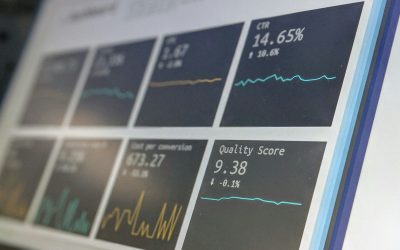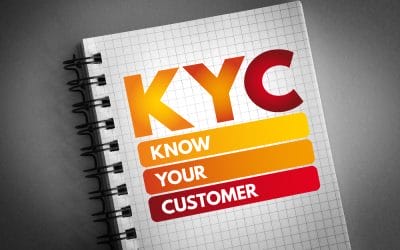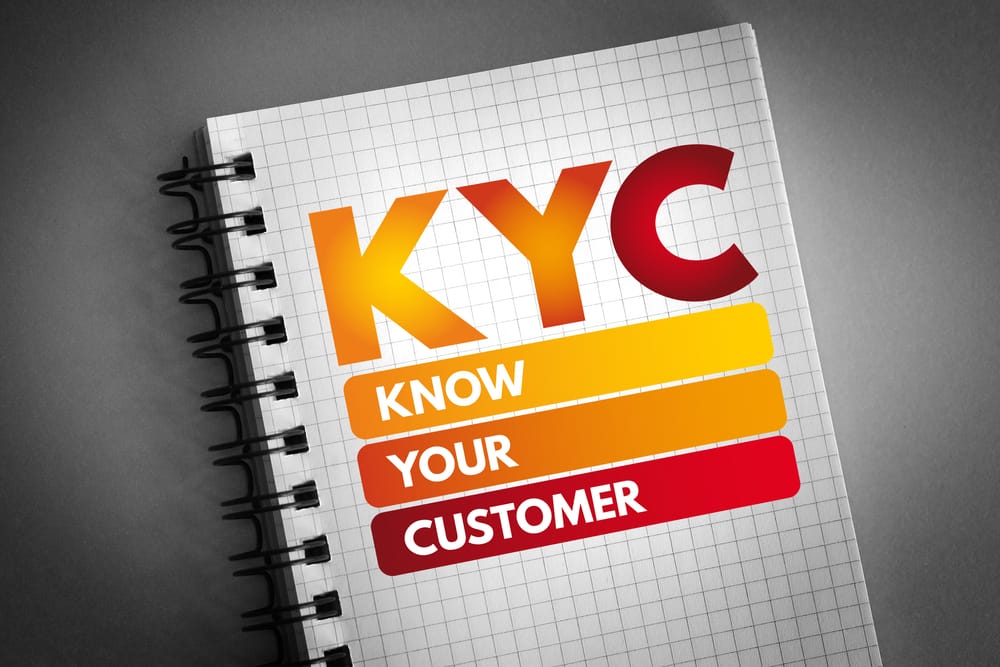
Did You Know: Stablecoins
What is a Stablecoin?
A stablecoin is a digital token that is backed by real assets such as fiat currency, with the intention being to reduce volatility.
In the investment world, the term “real assets” means physical things such as real estate, utility companies, airports etc. For example, suppose that a particular stablecoin is represented by assets such as US dollars, and that there is an account holding $1000 that is represented by 1000 ERC20 tokens, a ratio of 1:1. When tokens are backed by legal, audited companies and escrow/trust accounts, it provides a way for people to trade in and out, and essentially digitize these assets.
In short, a stablecoin looks very similar to money market funds or treasury bills, without asset management fees and with significantly less back-office overhead, thanks to the auto-reconciliation properties of blockchains.
There are a few different versions of stablecoins: MakerDAI is one example that uses collateralized currencies to create a stablecoin, whereas Tether and the Gemini dollar are more traditional, and have a portfolio of US dollars that are audited and the companies create tokens against these – there are quite a few projects around the world doing the same for the Euro, Japanese Yen, Swiss Franc, and others. A third type of stablecoin was created by companies such as Basis, which is no longer in operation, but attempted to create an algorithmic central bank.
The fourth type of stablecoin is significant, these coins are represented by a pool of assets such as commodities, such as a stablecoin represented by three holdings, gold, sugar and timber, for example. This could also be a basket of currencies, similar to what Facebook’s Libra is attempting to create. This model is designed to provide a stable, secure and efficient mechanism for transmitting value that is actually backed by something of value, each token then represent a fractional ownership in that value. The difference here is ultimately the technological efficiencies, such as increased speed, that a tokenized pool of assets has compared to traditionally managed assets, funds, and portfolios.
Recently, we covered an article on Central Banks and Public Blockchains demonstrating another government application for public blockchain technology. While we have yet to see a central bank issue their own stablecoin, feasibility studies are being conducted in China, the European Commission and major corporate interests such as Facebook’s Libra. As more of the major tech players move into the fintech space we can expect to see many new stablecoin initiatives – including traditional short term asset structures such as treasury bills, money market funds, and cash equivalent derivatives. For more in-depth research and insights into stablecoins check out this recent report “What Are Stablecoins” from CB Insights.
Creating, auditing, and managing a stablecoin requires proper planning and preparation, starting right at the earliest stages of company formation and jurisdiction shopping. Contact us to learn more about how iComply, with our network of over 100 service providers globally, can help you realize the benefits and competitive advantages of real asset tokenization – including stablecoins.
About iComply Investor Services Inc.
iComply Investor Services Inc. (iComply) is an award-winning software company focused on reducing regulatory friction in the capital markets. With powerful data, verification, and technology solutions, iComply helps companies overcome the cost and complexity of multi-jurisdictional compliance to effectively access new markets. Learn more: iComplyIS.com
A Quick-Start Guide to AML Compliance
Building a Robust AML Program: A Compliance Officer’s Guide
Learn how to streamline AML compliance with digital onboarding, automated SAR submissions, secure record keeping, and a risk-based approach.
The Future of KYB: Streamlined Verification for Seamless Business Transactions
KYB Made Easy: Streamlining Business Verification
Discover how modern KYB technology is simplifying business verification, making it faster, more secure, and user-friendly. Learn how automated checks, biometric verification, and real-time compliance can benefit your business.
The Future of KYC: A Digital Journey Through Verification
The Future of KYC: A Seamless Digital Experience
Explore how modern KYC technology is transforming identity verification, making it faster, more secure, and user-friendly. Discover the benefits of biometric authentication, blockchain security, and self-sovereign identity.







